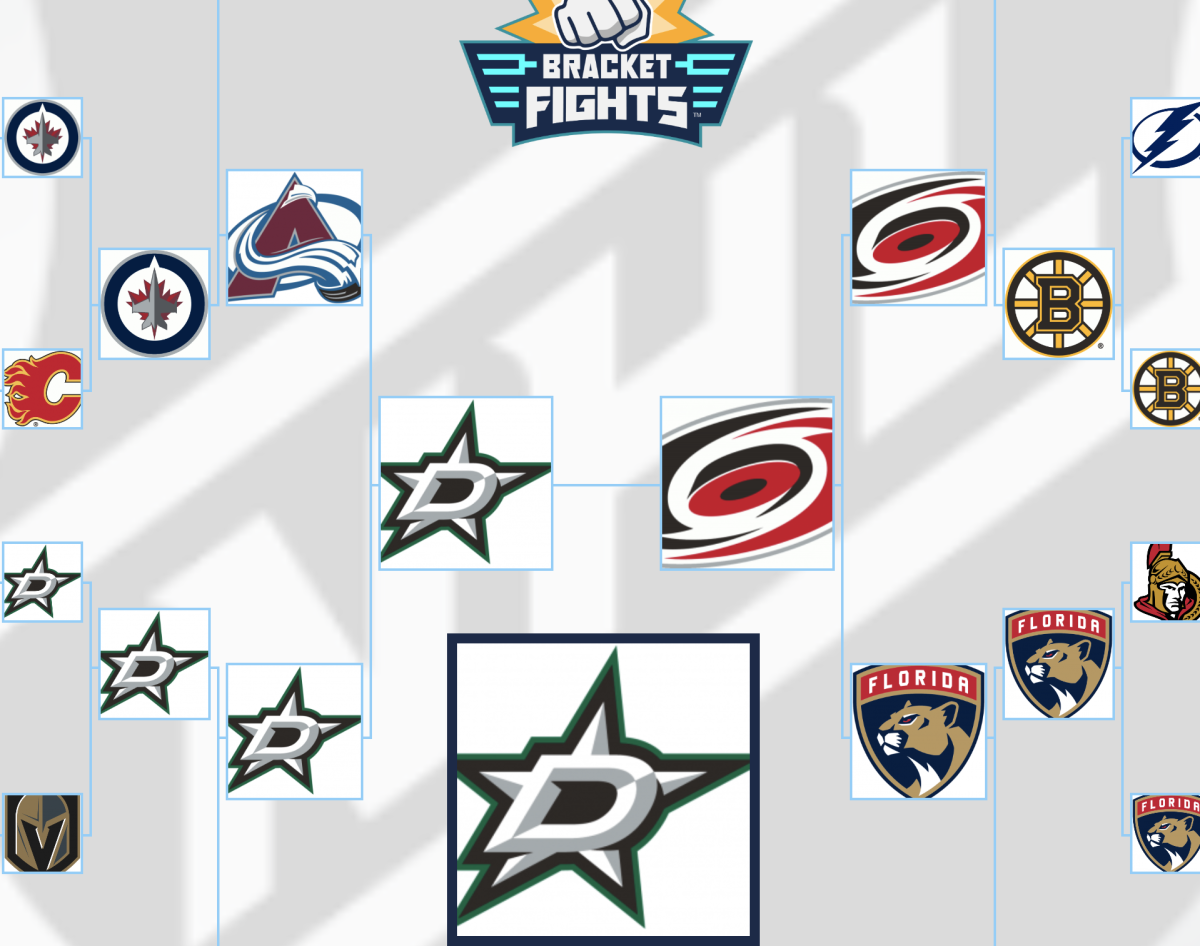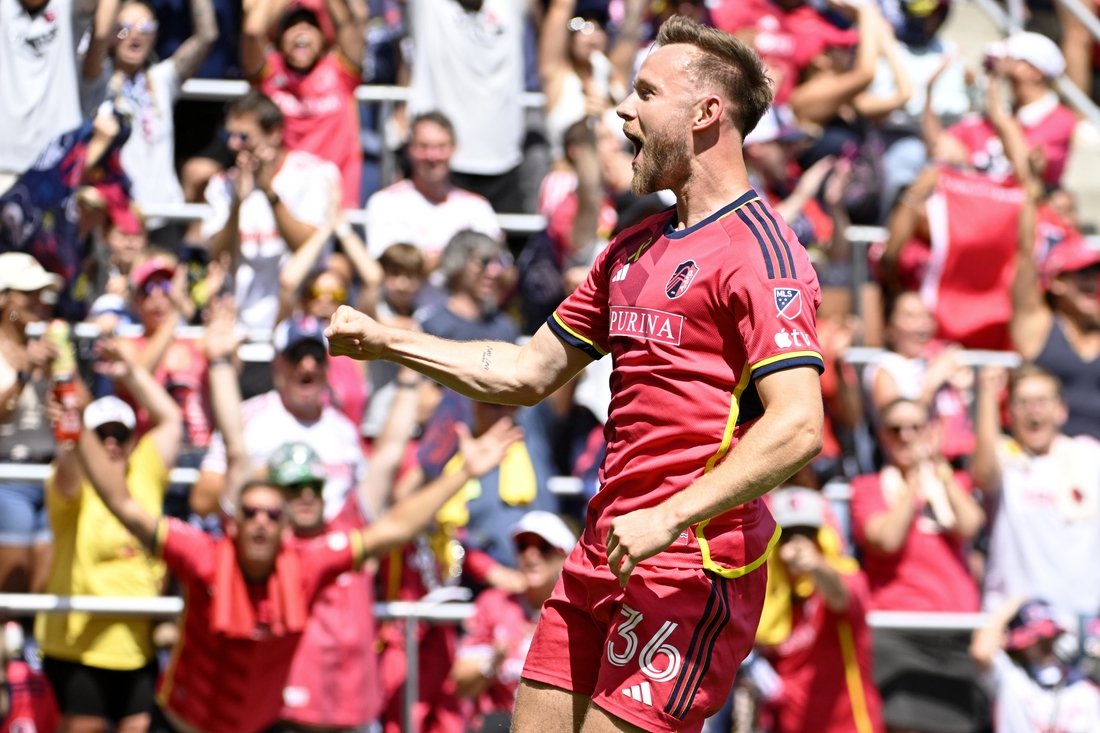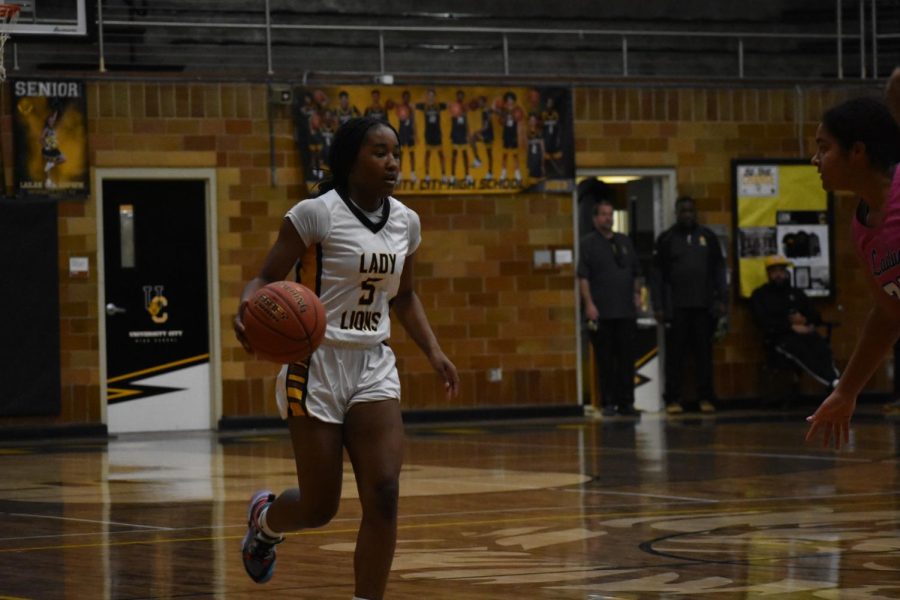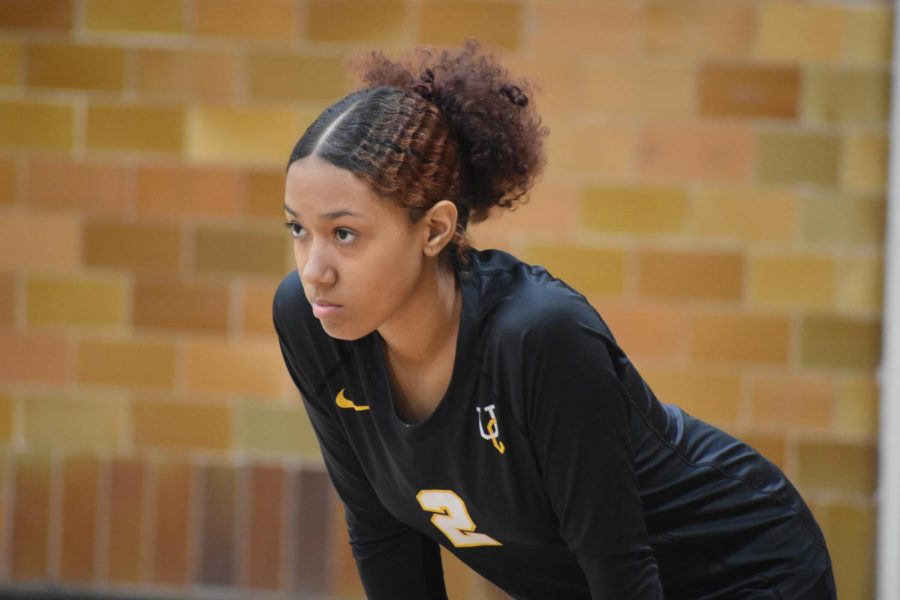Sports equity: the impact of sexism in sports
February 27, 2023
In 2022, the men’s world cup had a record-breaking 3.572 billion viewers. In 2019, the women’s world cup had 764 million viewers. Impressive, but not remarkable enough for many. Throughout the years, women’s sports have been viewed as less important and impressive. Not only does this type of sexism affect professional teams, but it also affects every single level beneath it, including high school. Social studies teacher and boys soccer coach, Reese Sherman, has seen this many times as a female coach and athlete.
“This [sexism] affects female players in a way that makes them feel less seen and less supported by the school and community,” Reese said. “I know when I was a student athlete it made me angry and unmotivated me to play for my school. It made me think, ‘what’s the point?’ Of course girls should play because they love the sport, but the support and motivation from the crowd, school and community are a very important factor in how athletes do.”
Along with not being represented in major sporting events, many female athletes are discouraged at a very young age from pursuing their sports in a professional way. Leela Sandler, freshman student athlete, has noticed this in her experiences playing both soccer and field hockey.
“Female athletes can feel like they’ll never be as good as male athletes, especially if you have a lot of people telling you that women aren’t as good at sports as men,” Sandler said. “When women’s sports aren’t as recognized as men’s sports, women aren’t going to be encouraged to pursue their sport and make a career out of it.”
However, at U. City the opportunities to pursue your sport as a female athlete are far greater than the opportunities as a male athlete. U. City athletic trainer Ashley Jenkins has noticed this theme throughout her involvement in the U. City athletics department.
“Female student-athletes have more opportunities than males to be an athlete here,” Jenkins said. “Out of the 21 varsity programs we offer, 15 programs are available to female student-athletes while only 13 are available to male student-athletes. Female student-athletes are able to join any male sport that we do not have the female equivalent to with no change; however, if a male athlete were to join a female sport then that entire program would change. If a male athlete were to join the field hockey or softball programs that would then make the team co-ed and therefore we would only be allowed to compete against other co-ed teams in the area.”
Even though the female sports teams here in the U. City outnumber the male teams, many people still feel that the student body gives more support to the boys’ teams.
“I’ve noticed that some of the girls’ sports get less support than the boys,” Sandler said. “We should do things for the girls teams, like themed games, that we do for guys’ sports. That way people come out and support them just as much as the guys games.”
On top of feeling less supported, many do not pursue their sport or promote themselves as a student athlete, likely because of the way they are discouraged from doing so.
“When I get on social media I see several of our male student-athletes that have social media pages dedicated to their craft and they are working on building their brand as student-athletes,” Jenkins said. “ I have not seen this with our female student-athletes.”
It is hard to be a female athlete in a community that you feel doesn’t support you, as a school we are continuing to fight this issue. However, as a worldwide community we need to do more to fight this systemic sexism within sports.
“It’s hard being a woman in a male dominated world,” Reese said. “You have to work harder and do more, while also holding back how you feel so that it isn’t mistaken for hormones or even weakness in order to be taken seriously.”








































